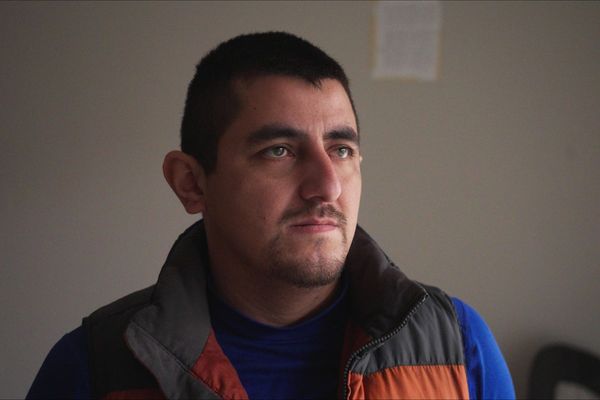AN immersive exhibition by the award-winning Scottish-Ghanaian poet, artist, photographer, writer, curator, gallerist and publisher Maud Sulter will open this month in Glasgow.
Born into a working-class family in the Gorbals in 1960, Sulter described herself as Glaswegian-Ghanaian and used the Scots vernacular and old Scots language to explore themes of family, diaspora, history, story, and memoir.
She died in 2008 after a stellar career which saw her become principal lecturer in fine art at Manchester Metropolitan University. She exhibited widely in Britain, Europe and North America and her work is held in major galleries across the UK as well as the Scottish Parliament.
Her writings are available at the Glasgow Women’s Library, the Stuart Hall Library in London and the Scottish Poetry Library, while her poems can be found in many anthologies as well as her own collections. Her poem As A Blackwoman won the Vera Bell Prize for Poetry in 1985.
Active in the Black feminist and lesbian movements, she founded Urban Fox Press, “a revolutionary new press for the more radical 1990s” and set up a gallery in London, to promote diversity and mid-career artists.
Speaking of her art, Sulter said: “It’s important for me as an individual, and obviously as a Black woman artist, to put Black women back in the centre of the frame – both literally within the photographic image, but also within the cultural institutions where our work operates.
“This whole notion of the disappeared, I think, is something that runs through my work. I’m very interested in absence and presence in the way that particularly Black women’s experience and Black women’s contribution to culture is so often erased and marginalised.”
The new exhibition in Tramway contains the ironically titled No Oxbridge Spires, which shows Sulter videoing her family walking in the Gorbals to her boarded-up childhood home, whilst the grainy footage of My Father’s House documents her father’s funeral rites in Ghana.
The exhibition also features archival photographs of Sulter’s mother Elsie, one of Glasgow’s last tram conductors.
Along the longest stretch of wall in Tramway is a series of projections of the five parts of Sulter’s major series Syrcas.
This focuses on the attempted genocide of Black Europeans during the Holocaust. Sulter juxtaposes imagery from classical European art history with African art objects, overlaid on vintage postcards of picturesque, unspecified Alpine landscapes.
The photomontages’ visual tropes are intimately tied up with Nazi ideology and questions of racial purity as well as African presence in Europe.
Syrcas is exhibited alongside Sulter’s seminal poem Blood Money, written in 1994 and inspired by German photographer August Sander’s Circus Workers.
It tells a harrowing tale of a young African woman and her family caught up in war and dealing with the constant threat of discrimination, violence and persecution.
With The Alba Sonnets, Sulter’s voice resonates throughout the gallery, creating an embodied experience of poetry that conjures up the disembodied black women present at the court of James 1V.
The five sonnets delve into the complexities of belonging and the layered experiences of being a Black woman in Scotland. The sound of Sulter’s voice is accompanied by printed archival images of the installation Alba (1995), commissioned by CCA Glasgow as part of Fotofeis in 1995, Sulter’s first major installation project.
The exhibition runs from November 23 until March 30 in the Tramway Main Gallery.







